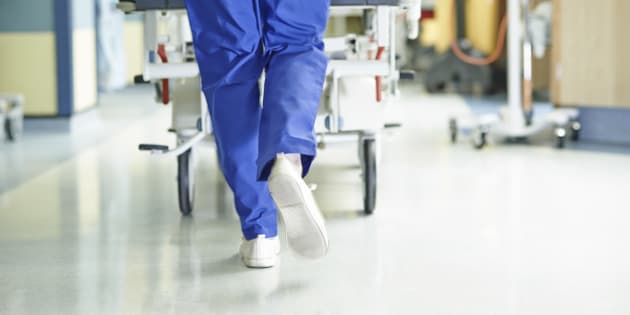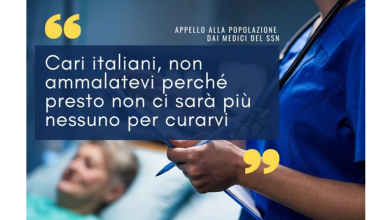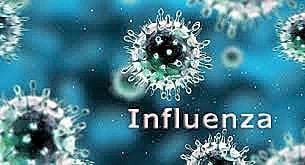
On the other hand, the legislature has passed under the sign of a massive definancing which, in addition to causing a progressive relegation compared to other European countries, is seriously undermining the disbursement of the Lea, highlighting the dramatic gap between public finance needs and health planning. Finally, after the rejection of the constitutional referendum, no progress has been made to improve the governance of 21 different health systems, indeed the requests for greater autonomy by the Regions have multiplied.
In fact, the protection of the right to health remains entrusted to a loyal and utopian collaboration between the State and the Regions and conditioned by regional policies and local decisions that determine serious inequalities, generate waste and inefficiencies and influence health outcomes. The 21 regional health systems are in fact free to decline the offer of services and benefits in a heterogeneous way in front of a State which limits itself to allocating resources and verifying compliance with the Lea with a "grid" capable of capturing only the macros - inequalities.
And the baton to punish defaulting Regions demonstrates that "the patch is worse than the hole" because the Repayment Plans, driven more by financial needs than by the need to reorganize services, have unloaded an absurd triplet on citizens: worse health services with disastrous consequences on life expectancy, higher personal income surtaxes to restore regional accounts and the need to seek treatment elsewhere.
Suffice it to say that in 2016 healthcare mobility moved over 4.15 billion, mainly from the South to the North: it is true that these expenses are borne by the NHS, but they do not include the costs that citizens have to bear for travel, inconvenience and indirect costs for the country which are enormously higher. Not to mention that medical mobility does not trace the non-collectibility of territorial and above all social-health Lea, rights that belong to daily life and not to the occasional surgical intervention. In this sense, the recent direct take services And of the Espresso have brought to public attention the enormous gap that exists between the various Regions in terms of health.
In this bleak scenario for the health of citizens, just over a month after the electoral consultations, the fate of public health does not seem to find space in the debate between the sides in the field, except for the nauseating no-vax / pro-vax comparison , exploited by the need to attract electoral consensus.
If, at the conclusion of the survey on the sustainability of the NHS, the 12to The Senate Hygiene and Health Commission stated that it is essential to bring the NHS back to the center of the political agenda with a leading economic and social role, the question arises spontaneously: which political forces really care about public health and are preparing a concrete "rescue plan" for the NHS, an indispensable social conquest of Italian citizens? That is, among those who aspire to govern our country, who would be able to answer all these questions in the affirmative?
- Will we be able to make all political decisions, not only health, but also industrial, environmental, social, economic and fiscal, by being guided by people's health?
- Will we be able to offer reasonable certainties on the resources to be allocated to healthcare, putting an end to periodic downward reviews and, above all, relaunching public funding?
- Will we be able to enhance the guidance and verification capabilities of the Ministry of Health on the Regions, in full respect of their autonomy?
- Will we be able to lay the foundations for building a national social and health service, aware that social needs are closely related to health needs?
- Will we have the courage to redesign the perimeter of the Lea based on scientific evidence and the cost-effectiveness of health interventions, as well as redefine the medical expenses deductible for personal income tax purposes according to the same criteria?
- Will we be able to eliminate the heavy tax of the superticket and define fair and homogeneous sharing criteria for health care costs throughout the national territory?
- Will we be able to launch a national plan for the prevention and reduction of waste and inefficiencies, to divest and reallocate at least 1 of the 2 euros wasted for every 10 spent?
- Will we have the courage to implement a legislative reorganization of supplementary healthcare, in order to protect citizens and avoid consumerist and privatization drifts?
- Will we be able to adequately regulate public-private integration and the exercise of the free profession?
- Will we be able to allocate at least the 1% of the health fund to the clinical and organizational research that the NHS really needs?
- Will we really be able to relaunch personnel policies and adequately plan the needs of doctors, specialists and other health professionals?
- Will we be able to launch an institutional scientific information program for citizens and patients to deny fake news, reduce healthcare consumerism and facilitate shared decisions?
Considering that the constitutional right to health protection cannot be conditioned by party ideologies, but must be guaranteed to all people, within the Gimbe Observatory activities, the electoral programs of all political forces are currently the subject of a comparative analysis on the proposals relating to health, welfare and research, because our slogan "health first, health for all" is condition sine qua non, as well as for the well-being of the people, also for the country's economic recovery.
Nino Cartabellotta President Gimbe -02/02/2018
Related news: Elections. The party programs for the NHS: few ideas, but very confused
GIMBE. 2nd Report on the sustainability of the National Health Service
GIMBE: the National Health Service risks disappearing by 2025






